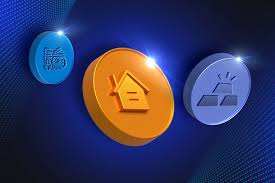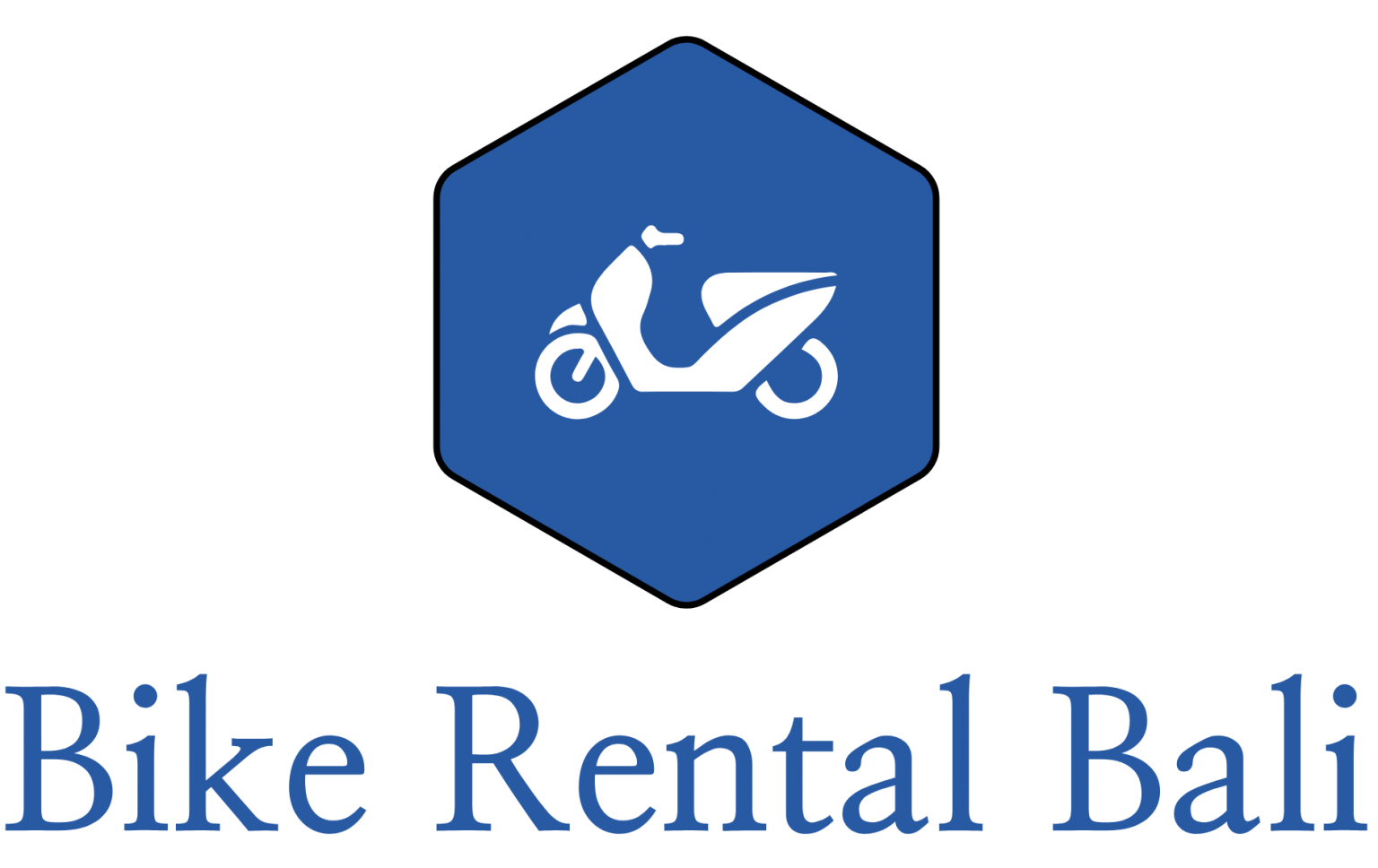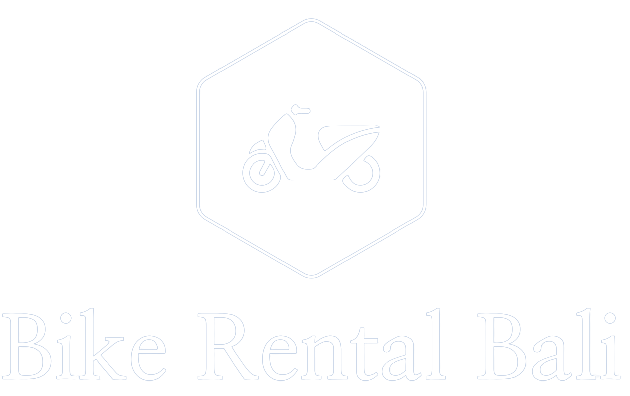Tokenized Real Estate The Future of Property Investment -283261967

In recent years, real estate investment has undergone significant transformation, driven by advancements in technology and the rise of blockchain. The concept of tokenized real estate metadefiassets.com has emerged as a powerful tool, allowing for the fractional ownership of properties and democratizing access to real estate investments. This article will explore the fundamentals of tokenized real estate, its benefits, challenges, and its potential to shape the future of property investment.
Understanding Tokenized Real Estate
Tokenized real estate refers to the process of creating digital tokens on a blockchain that represent ownership or shares of a physical real estate asset. Blockchain technology, which operates on a decentralized ledger, enables the creation of a secure and transparent record of ownership. Each token can represent a fraction of a property, allowing multiple investors to own a share of it, thus lowering the barriers to entry for investors.
The Mechanism Behind Tokenization
The process of tokenization involves several key steps:
- Asset Identification: The first step is identifying a real estate asset that will be tokenized. This could be residential, commercial, or even industrial property.
- Legal Structuring: Legal frameworks must be established to define the rights and obligations of token holders. This often involves creating a special purpose vehicle (SPV) to hold the asset and representing it through tokens.
- Token Creation: Once the legal structure is in place, the property is tokenized by issuing digital tokens on a blockchain platform, where each token typically represents a specific share of the property.
- Market Place Initialization: The tokens are then made available for purchase on online platforms that facilitate the buying and selling of tokenized real estate assets.
Benefits of Tokenized Real Estate
Tokenized real estate offers numerous advantages for both investors and property owners:

- Accessibility: Traditional real estate investments often require substantial capital, which can be a barrier for many investors. Tokenization allows for fractional ownership, enabling investors to participate with smaller amounts of capital.
- Liquidity: Real estate is generally considered an illiquid asset, making it challenging to sell quickly. Tokenized real estate, however, can be traded on online platforms, providing a more liquid market for investors.
- Transparency: Blockchain technology ensures that all transactions are recorded on a public ledger, enhancing transparency and reducing the risk of fraud.
- Lower Costs: By automating many processes through smart contracts, tokenization can significantly reduce the costs associated with buying, selling, and managing properties.
Challenges in Tokenized Real Estate
Despite its numerous benefits, tokenized real estate also faces challenges that must be addressed for it to gain widespread adoption:
- Regulatory Uncertainty: The legal landscape surrounding blockchain and tokenization is still evolving. Different jurisdictions have varying regulations regarding securities and property ownership, leading to uncertainty for investors and developers alike.
- Market Education: Many investors may not yet fully understand blockchain technology and tokenization. Efforts must be made to educate potential investors about the benefits and risks involved.
- Quality of Assets: Not all properties are suitable for tokenization. Investors need to be cautious and ensure that the assets they are investing in have genuine value and are backed by solid legal structures.
Case Studies of Tokenized Real Estate
Several platforms have already ventured into the tokenized real estate market, showcasing its potential and paving the way for future developments. For example, platforms like RealT, Harbor, and Propy have successfully facilitated the tokenization of various real estate assets.
RealT allows users to invest in rental properties through tokenized shares, providing a steady stream of income and the possibility of appreciation. This approach offers investors a chance to gain exposure to real estate without the hassles of traditional property management.
In a notable case, the luxury real estate market has also dipped its toes into tokenization. A property in Miami was sold through tokenization, allowing investors from around the world to buy shares in a high-end condominium development. This historic sale not only demonstrates the practicality of tokenization but also highlights its appeal to a global investor base.
The Future of Tokenized Real Estate
The future of tokenized real estate appears promising, with a growing interest from both investors and developers. As technology continues to advance and regulations become clearer, we can expect to see an increase in the adoption of tokenization within the real estate sector.
Furthermore, advancements in artificial intelligence and machine learning may accompany tokenization, allowing for improved asset valuation and risk assessment. This integration could usher in a new era of data-driven investment decisions, enhancing the overall efficiency of the real estate market.
Conclusion
Tokenized real estate represents a significant shift in how individuals and institutions can invest in property. By enabling fractional ownership and improving liquidity, tokenization has the potential to democratize real estate investments and open new opportunities for a broader range of investors. However, it is crucial to navigate the inherent challenges with diligence and caution. With the right legal frameworks, continued education, and technological advancements, tokenized real estate could very well become the cornerstone of modern property investment.


